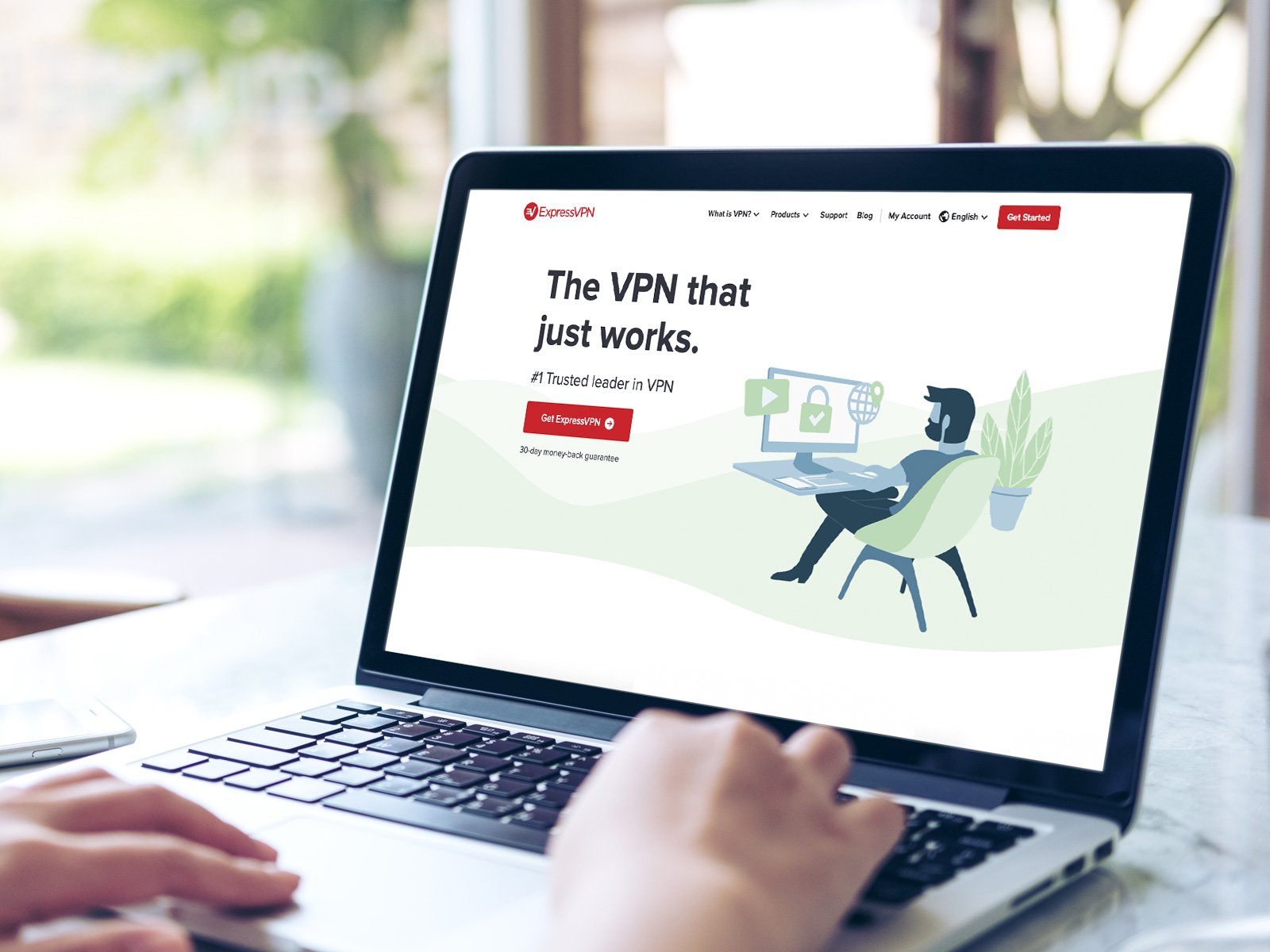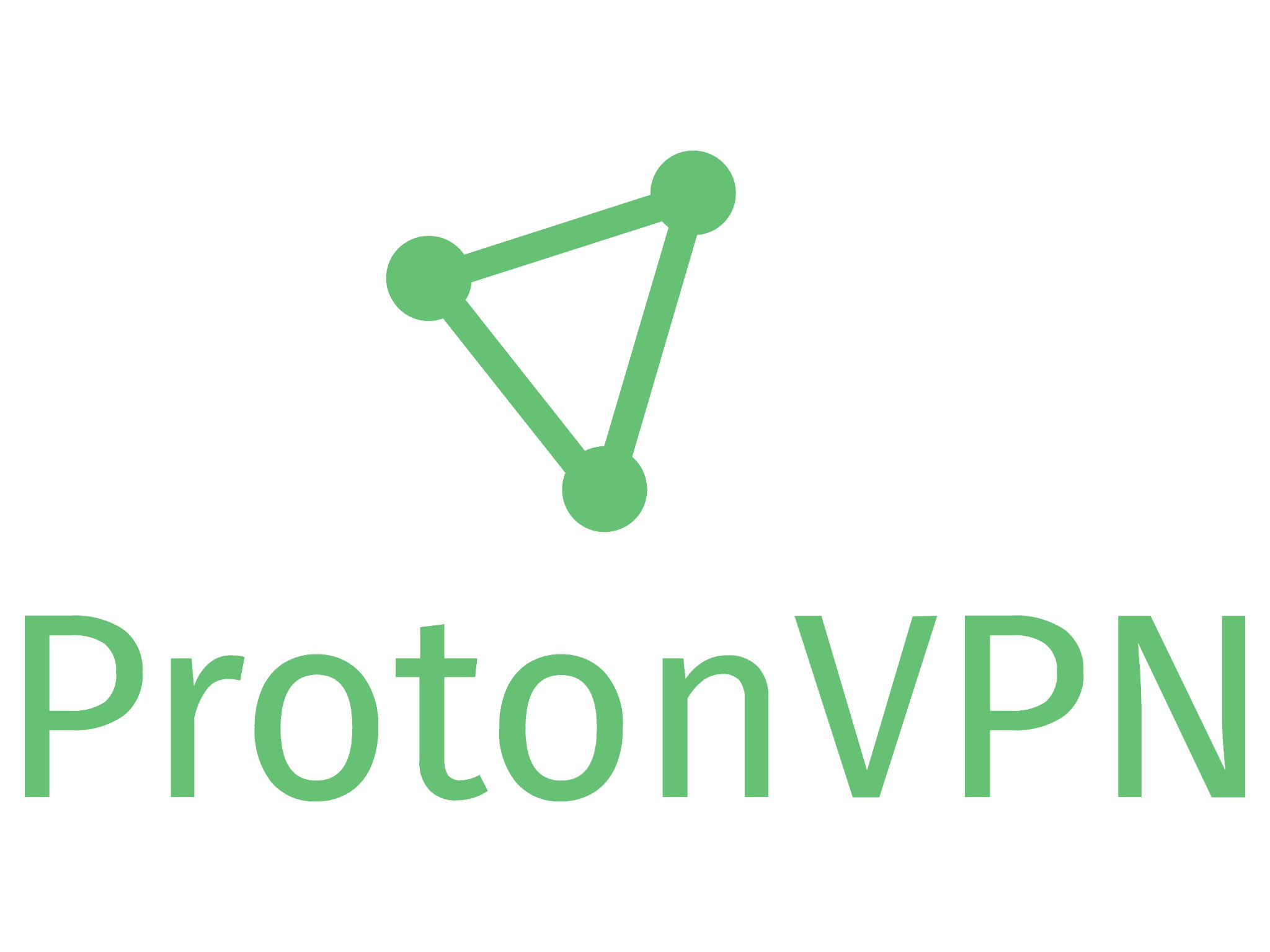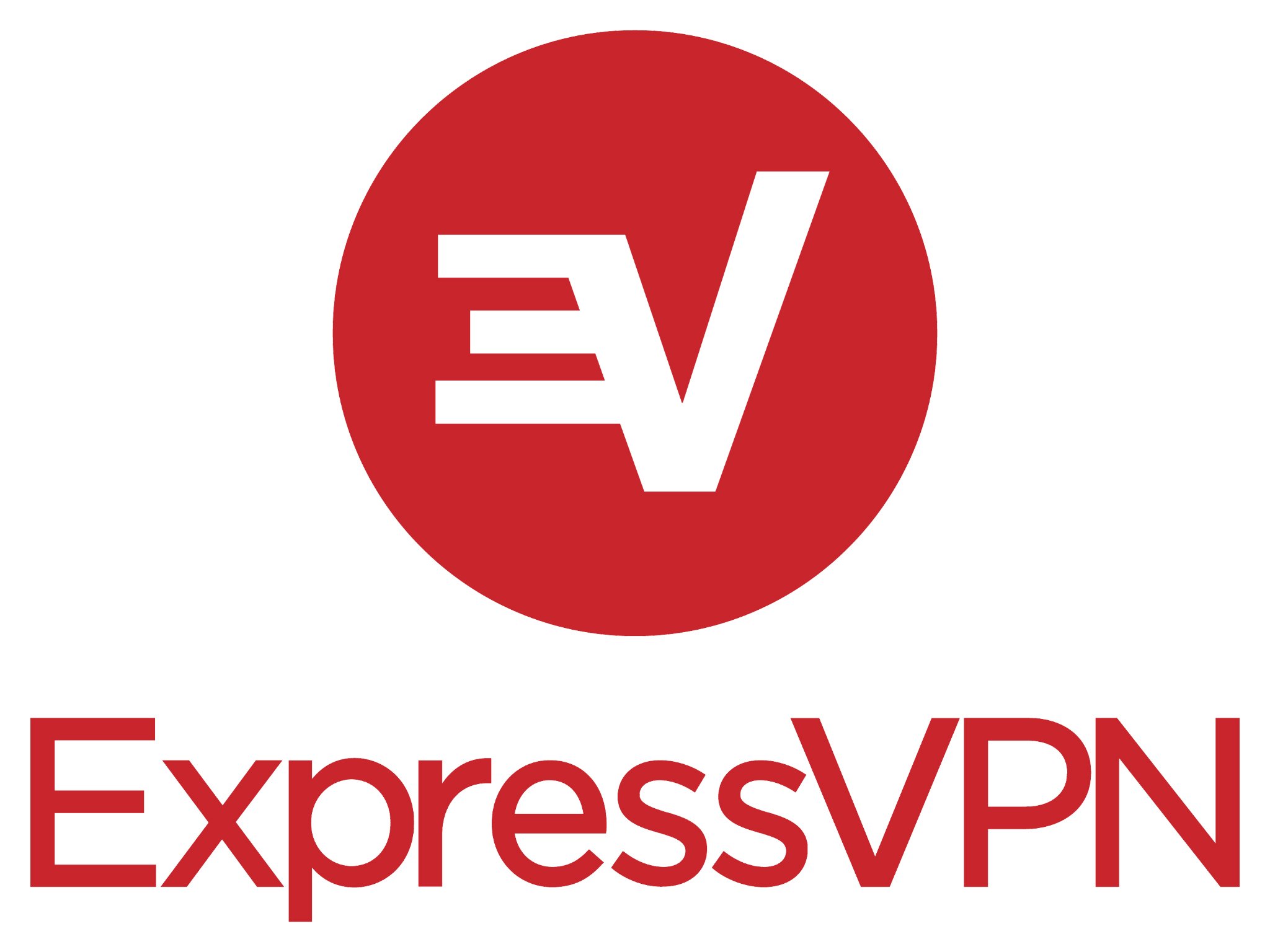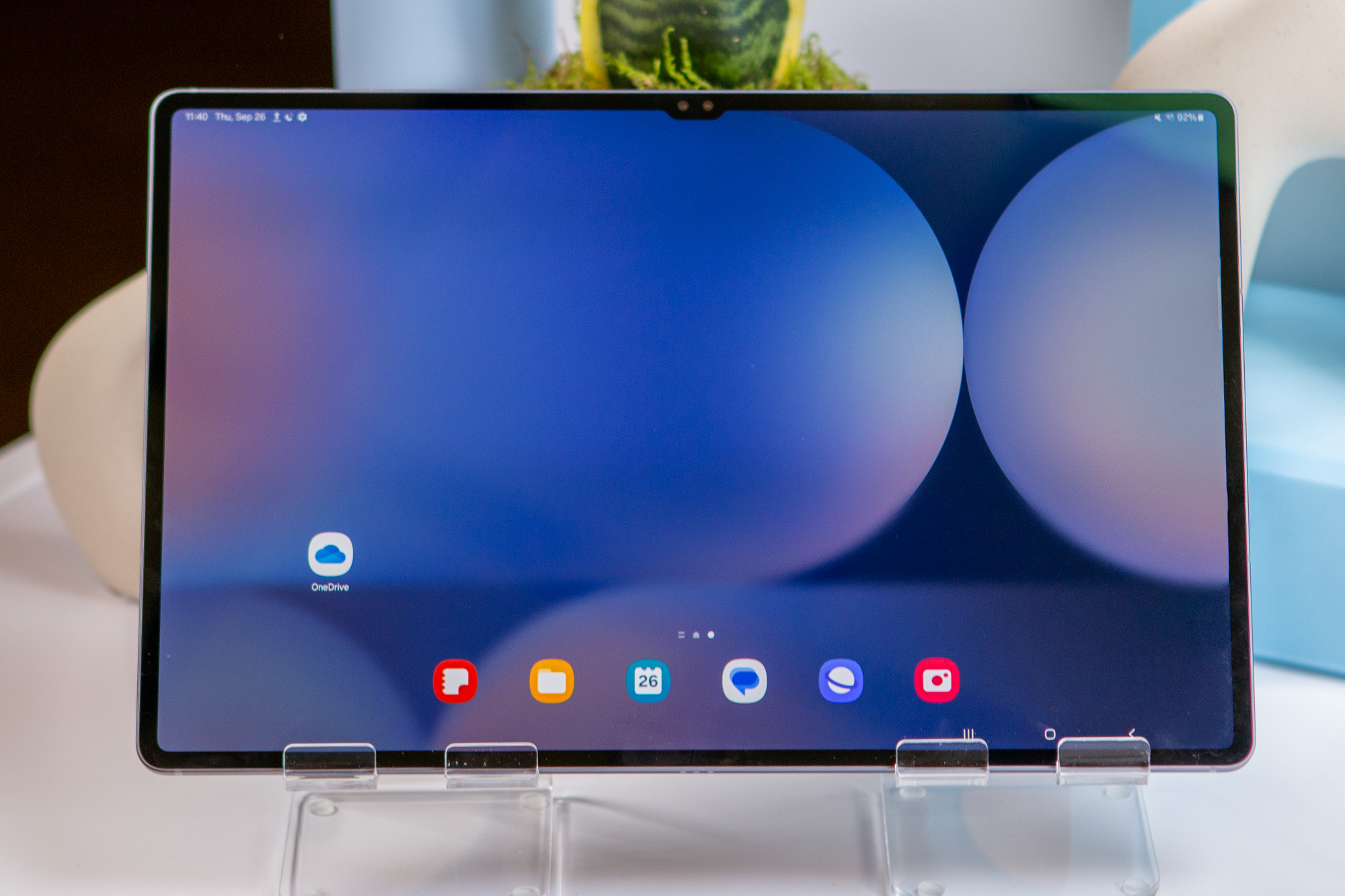5 reasons you may not want to use a free VPN service

A VPN (or Virtual Private Network) is an increasingly popular service for many people to sign up for. That's because it allows you to connect to the internet privately and anonymously. That comes with many advantages, such as the ability to hide your online identity, bypass geo-restrictions for specific content, and allow you to enjoy an extra layer of security to your Wi-Fi connection.
It's no wonder that VPNs are becoming increasingly popular with so many advantages, even amongst less-tech savvy users. You don't want to spend a fortune on one though, right? So, we bet that free VPNs look super appealing right now, and we get that entirely. Why pay for something when you can enjoy it for free instead? Free VPNs may look super tempting on the surface, especially if you're a casual user, but it's important to consider the downsides involved in using a free VPN service. After all, many paid services only cost a few bucks a month, and you get a lot more functionality for that price. We've rounded up all the best VPN services available right now, some of which are free, but most of the top options will cost you a few bucks each month.

From the creators of the secure and encrypted ProtonMail comes ProtonVPN. There are no data limits here, but free users are deprioritized in favor of paid ones during peak usage times.
Read on and we'll narrow down precisely what the downsides of a free VPN are, so you can see how they may impact you.
A free VPN may not be as privacy-conscious as you'd think
Look, nothing is entirely for free. Those free VPNs still need to turn a profit somehow. Often, this is achieved in several different ways. At its most obvious, a free VPN is often supported by numerous potentially invasive adverts. These may feel no worse than regular adverts, but they're usually explicitly targeted at you, which in conjunction can be tied into the other main privacy issue - your browsing data may be being sold to third parties to fund your free browsing.
In all cases, read the terms and conditions you agree to, along with any privacy disclosure by the VPN company before you sign up to it. Know precisely what you're getting into and what information may be taken from you in the process. It's important to know what the business model is behind the free VPN, especially if you plan on using it for services such as online banking or other secure data transfer.
Free VPNs may be slower
If you're not paying for a service, you might not be getting the most from it. Often, free VPNs push you onto slower servers. That means streaming video, torrenting files, or merely browsing can be much more sluggish than the speeds your broadband connection can achieve. That may not be an issue for casual browsing, but if you plan on using this solution long-term, it will irritate you and mean you get a degraded service.
In conjunction, there may be limits to how much you can download or how much data you can use, which again restricts what you can accomplish with a free VPN. It could prove to be a false economy if you stick with a free VPN, if you don't get the most out of your internet connection.
Be an expert in 5 minutes
Get the latest news from Android Central, your trusted companion in the world of Android
Free VPNs can mean limited server options
Paid VPNs typically offer numerous different servers for you to join around the world. That's ideal if you want to stream content and avoid geo-restrictions. Free VPNs tend to limit what servers you can connect to. Sometimes, that may not be an issue for your needs, but other times, you may miss out on the country or location you need most.
Also, free VPN servers can utilize lower levels of data encryption than is ideal, meaning your connection isn't as secure as you'd like, and potentially disrupting your chances of using it as a way to circumvent geo-restrictions.
Simply put, going free tends to mean less choice for you overall.
You might not receive much support
Want great customer service? Often, in any industry, you need to pay for it in some way. A free VPN is likely to offer minimal customer support. That may not be an issue if you know your way around VPNs, but it's something to consider if you're less tech-savvy and confident than you'd like to be.
Ultimately, VPNs will provide the best service and support to paying customers. As a free user, expect to be on your own (or near enough) if you're in a jam.
A free VPN may only work with one device
Odds are you own multiple devices and you'd like to use a VPN with all of them. Typically, a free VPN account only offers access via one device. That's fine if you solely want to use VPN services on your desktop or laptop, but if you want the flexibility of using it on your smartphone, tablet, or even on your router so it works across the network, you may find yourself restricted.
If you need to protect multiple devices, a paid solution is definitely the answer here.
We test and review VPN services in the context of legal recreational uses. For example:
1. Accessing a service from another country (subject to the terms and conditions of that service).
2. Protecting your online security and strengthening your online privacy when abroad.
We do not support or condone the illegal or malicious use of VPN services. Consuming pirated content that is paid-for is neither endorsed nor approved by Future Publishing.



